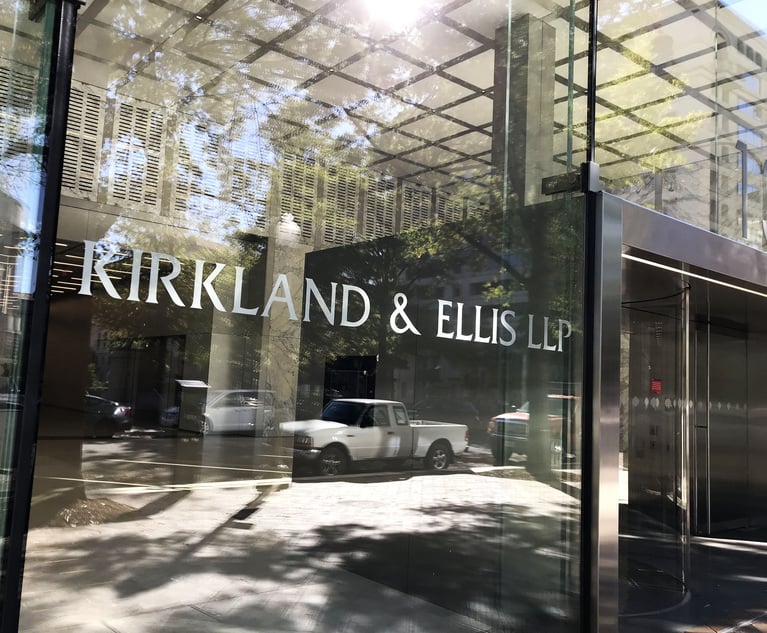As the Delaware Supreme Court recently reaffirmed in Daniel v. Hawkins, 289 A.3d 631 (Del. 2023), proxies are generally construed narrowly under Delaware law. In light of these principles of strict construction, proxies in voting and support agreements, secured debt instruments, and other corporate documents should be drafted in a manner that fully reflects the intended scope of the parties’ proxy relationship. A recent opinion from the U.S. Bankruptcy Court for the District of Delaware, In re CII Parent, 2023 WL 2926571 (Bankr. D. Del. Apr. 12, 2023), provides helpful guidance on drafting proxies and highlights potential pitfalls for the unwary, including in relation to the proxyholder’s power to execute and deliver stockholder consents.
The decision addressed a debtor’s challenge to the validity of action taken by its secured creditor to effect corporate governance changes with the debtor’s direct and indirect subsidiaries. The dispute arose after the creditor notified the debtor that it defaulted on its loans, which were secured by the equity in the debtor’s subsidiaries. This default prompted the creditor to implement the governance changes days before the debtor filed a voluntary petition under Chapter 11 of the U.S. Bankruptcy Code. Acting as proxy pursuant to its authority under a one-page irrevocable proxy and guarantee and collateral agreement entered into in connection with the loans, the creditor executed and delivered a consent of the stockholders (or other equityholders) of each applicable subsidiary in order to effect these changes, which included removing the subsidiaries’ directors and managers.


 Robert B. Greco, associates of Richards, Layton & Finger. Courtesy photo
Robert B. Greco, associates of Richards, Layton & Finger. Courtesy photo




